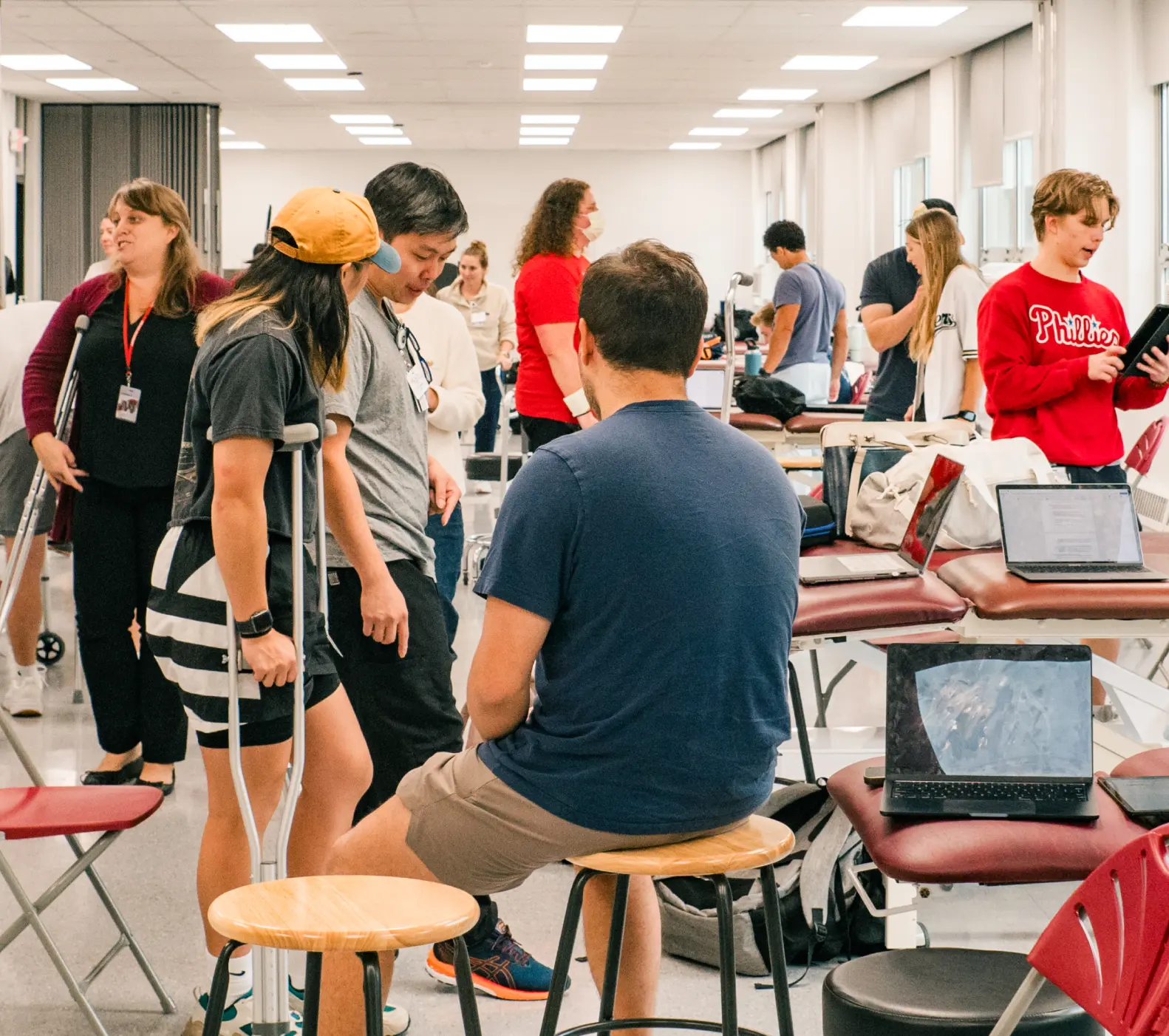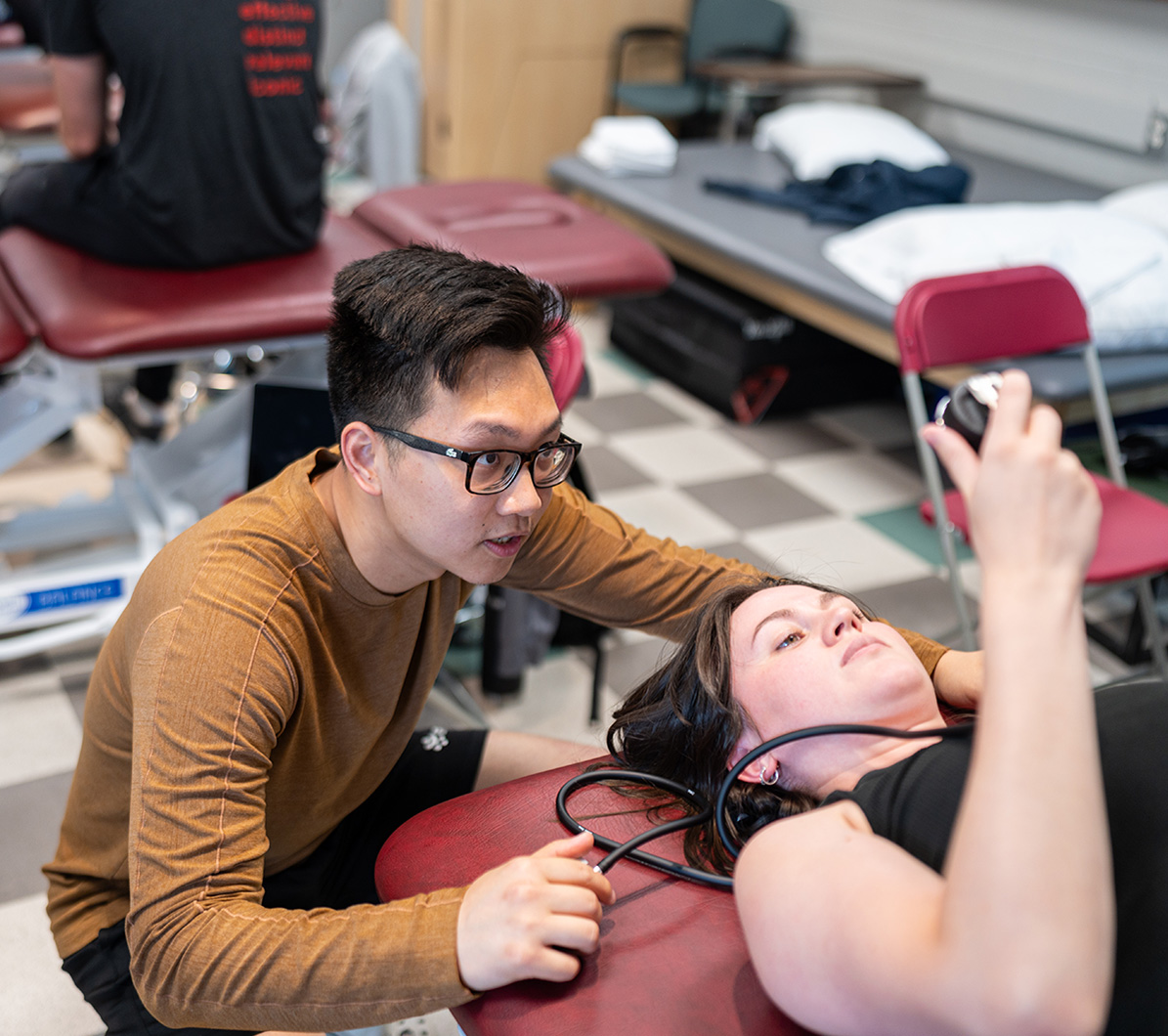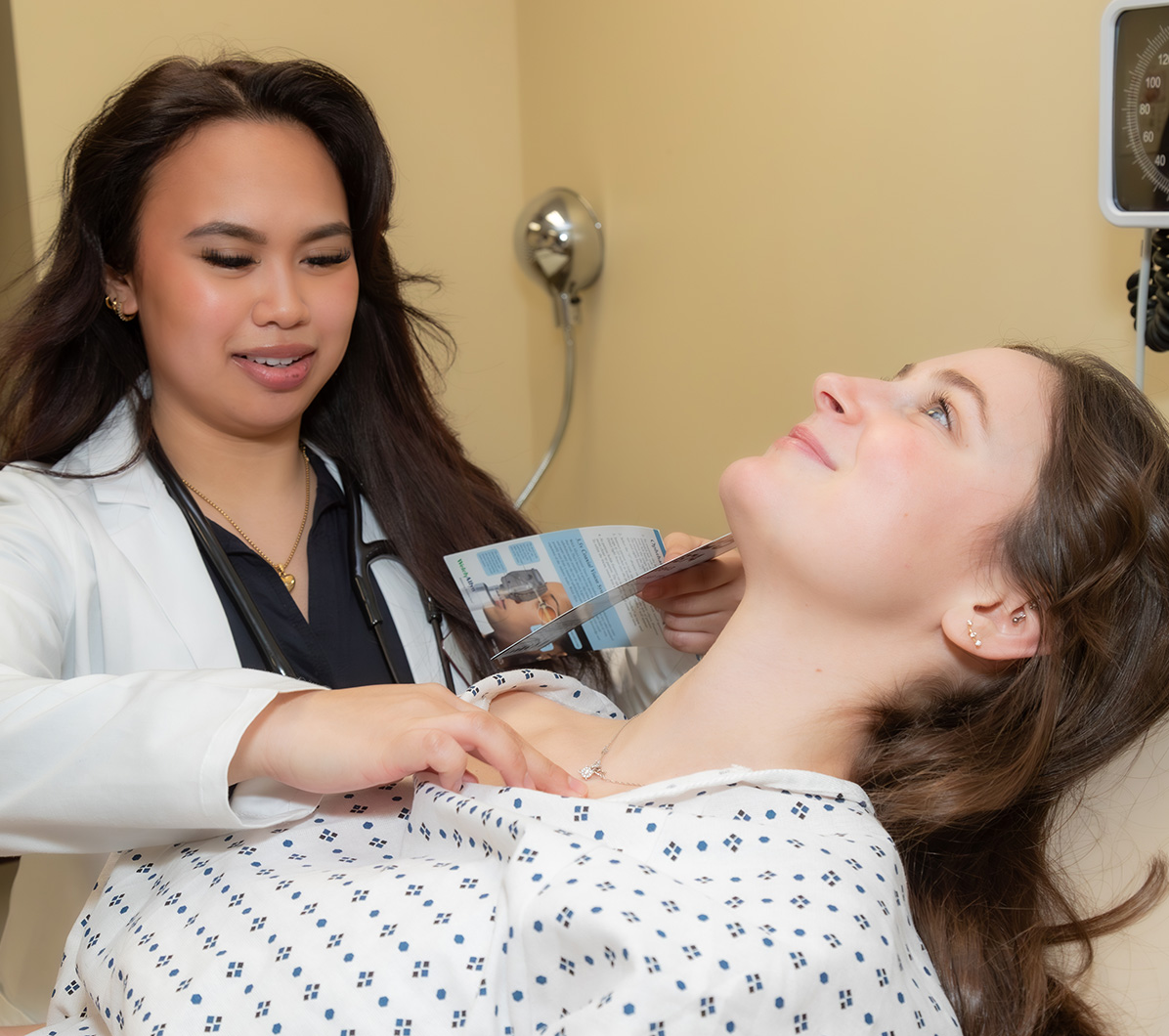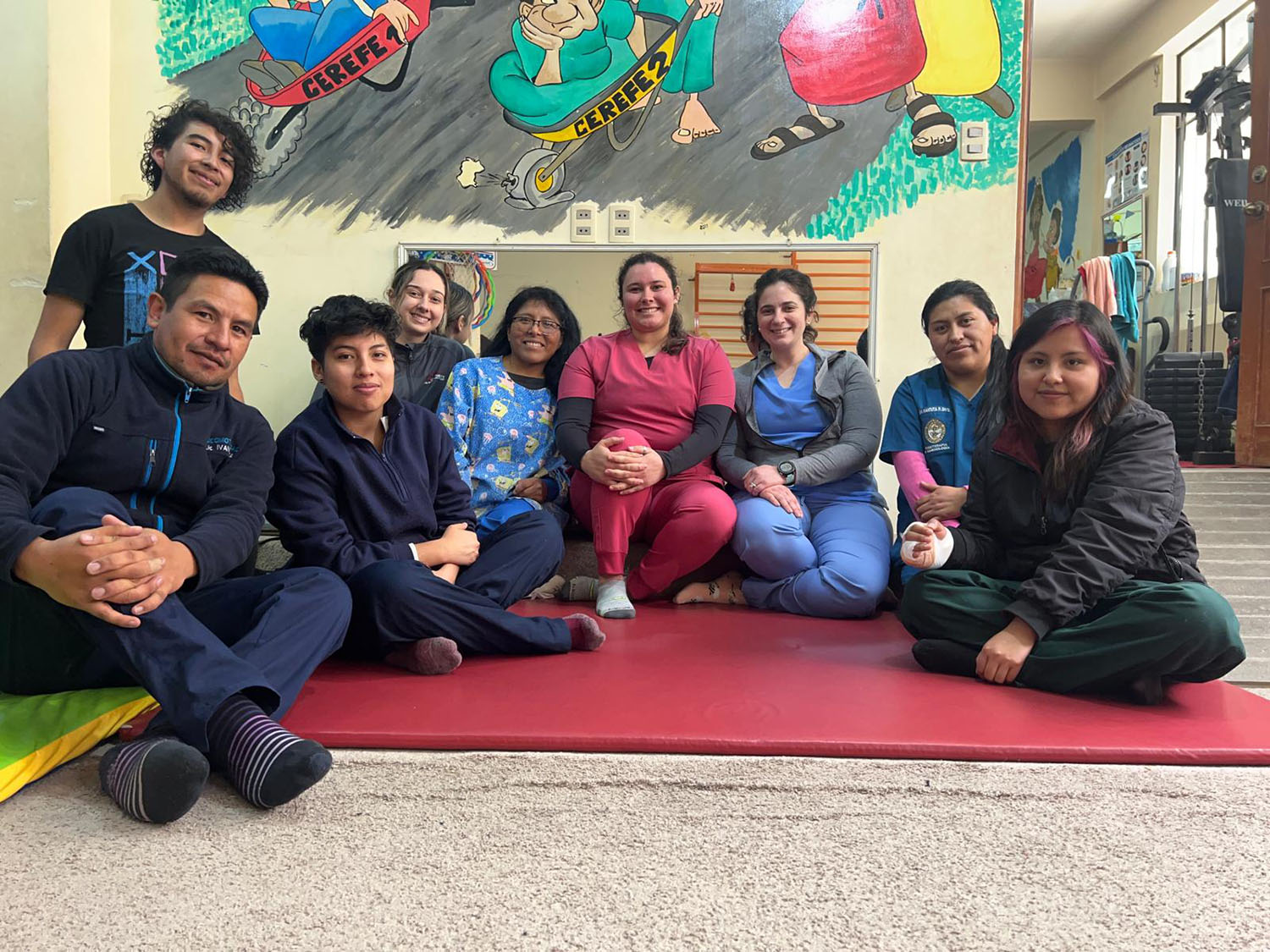
Our Departments, Programs, and Certificates
CHS Adaptive Strategy
Vision
Advance just, high quality, and interconnected health ecosystems through successful health professionals, effective leaders, and inspired change-makers.
Mission
Teach and mentor future health professionals, offer integrated and applied learning experiences, ensure justice and equity in education and health, partner with systems and communities in practice and service, and embrace research and innovation to advance science and benefit others.
Strategic Priorities and Objectives
Student-Centered Learning
- Deliver and ensure high quality instruction and applied experiences
- Increase offerings for student success in academic, professional, and person outcomes
Career-Enhancing Opportunities
- Bolster program success, including applied experiences
- Advance new paths and opportunities aligned to health needs, workforce demands, and career mobility
- Increase access, opportunity, and flexibility of programs through varied modalities for working professionals or those with diverse life experiences
Health Justice
- Focus outward through local and global service, community engagement, and as agents of change/inspired change-makers
- Acknowledge and address injustices and inequity in health and systems through curricula, service, and careers
- Collaborative and uniquely, contribute to University initiatives aligned with Arcadia’s Lived Values
Teamwork
- Partner with systems and communities for learning and health impact
- Grow interdisciplinary experiences and collaborations
Transformational Innovation
- Lead and teach for the advancing integration of digital health
- Engage science by developing, teaching, and implementing evidence-based practice and approaches
- Establish new ways, through research and scholarly innovation, to address health, wellness, and functioning needs
Thriving People
- Value the contributions and expertise of faculty and staff
- Cultivate opportunities for professional growth
- Involve and empower students in the learning and educational process
Adaptive Strategy Process

Research and Scholarly Innovation
Collectively, our faculty members and students in the College of Health Sciences seek to improve the health, functioning, and well-being of individuals, communities, and populations.

Interprofessional Education
Students can participate in simulations, case study discussions, and field experiences with the College of Health Sciences Interprofessional Education.

Health Equity
The College of Health Sciences seeks to advance health equity by offering several initiatives and events.
Arcadia’s Health Science Programs Are Highly Ranked
Arcadia University is known for its stellar programs in the Health Sciences. Our faculty are experts in their fields, leading innovative research and program development for professionals.
Meet the Dean
Dr. Margaret (Maggie) L. Longacre is the dean of the College of Health Sciences (CHS) and a Professor of Public Health. She served previously in CHS as associate dean and assistant dean of research, as chair of the Public Health Department and MPH director for several years, and is a past member of the Faculty Senate and the Work and Welfare committee. She is also an alumna of the 2022-2023 HERS Leadership Institute, a higher education leadership program that focuses on inclusive and equitable frameworks. Her extensive scholarly work, including publications and grants, has centered on family caregiving (individuals who assist a relative or friend due to disease or disability) and health policy.
Under Dr. Longacre’s leadership, the College of Health Sciences is poised to further solidify its role as a leader in preparing students for careers in high-demand fields, such as Physical Therapy, Physician Assistant studies, Public Health, Health Sciences, and more. Her priorities going forward include enhancing interdisciplinary collaboration, embedding research and practice opportunities into the curriculum, ensuring inclusive practices and opportunities, and supporting students to be well-prepared—academically and professionally—for the evolving challenges of the health sector.
CHS Dean’s Office
College of Health Sciences Advisory Council
Mission and Functions
Mission
The mission of the College of Health Sciences (CHS) Advisory Board to guide, promote, advise and support the College in its effort to achieve its mission and to continually improve the quality of education to meet marketplace needs.
Functions
- Advising the College, through the Dean, on issues that impact mission and strategy
- Serving as a sounding board on planning issues, new programs, and activities
- Serving as an advocate for the College’s interest with the external community
- Assisting in acquiring resources and fund raising in support of the mission
Our Campuses and Locations
CHS News
 Arcadia Student Physical Therapists Return from Bolivia After Two-Week Partnership With Child Health and Family International
Arcadia Student Physical Therapists Return from Bolivia After Two-Week Partnership With Child Health and Family International
The College of Health Sciences is a member of the Consortium of Universities for Global Health (CUGH), which includes 170 academic institutions and other organizations from around the world engaged in addressing global health challenges. The College has also formally endorsed the Brocher Declaration, which outlines ethical principles and guidelines for short term global health engagement. To learn more, visit CUGH.








